Sparc Hydrogen, a partnership between Sparc Technologies, Fortescue Ltd and the University of Adelaide (UA) South Australia (SA) has been granted $2.75 million (USD 1.8 million) by the federal government to continue developing its patented photocatalytic water splitting (PWS) reactor pilot plant.
Awarded through Australia’s Economic Accelerator (AEA) innovate grant program, the funding will propel development to commercialisation of the direct solar-to-hydrogen technology over the next two years.
Located at Roseworth, 58 kilometres north of Adelaide, the plant uses Linear Fresnel Receivers (LFR) to generate concentrated sunlight onto a receiver, providing the heat needed for the PWS process, and a photocatalyst to split water molecules into hydrogen and oxygen, eliminating the need for renewable electricity or electrolysers.
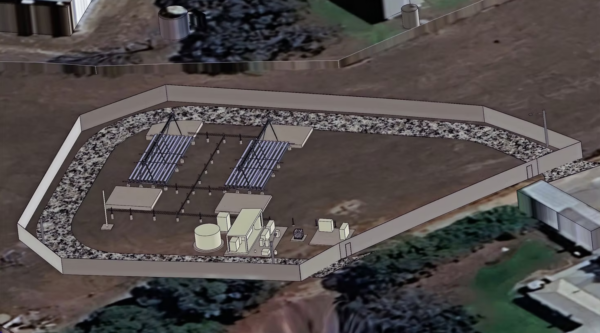
Sparc Managing Director Nick O’Loughlin said the new funding allows Sparc Hydrogen to do more with the existing Stage 2 shareholder funding committed by Sparc Technologies and Fortescue earlier this year.
“It also builds on Sparc’s track record of success under the AEA program and highlights our commitment to working with Australian universities to develop and commercialise novel technologies,” O’Loughlin said.
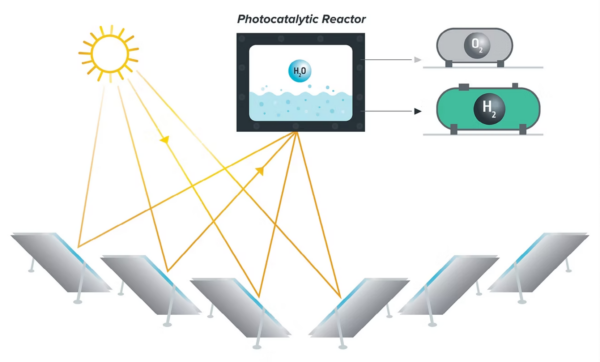
The cash grant will be fully supported by matched financial and in-kind commitments from Sparc Hydrogen and its shareholders – all within the existing Stage 2 scope and budget and funded from already committed cash resources.
This grant follows $470,511 funding awarded to the UA and Sparc Hydrogen under the AEA Seed round in 2023.
This content is protected by copyright and may not be reused. If you want to cooperate with us and would like to reuse some of our content, please contact: editors@pv-magazine.com.
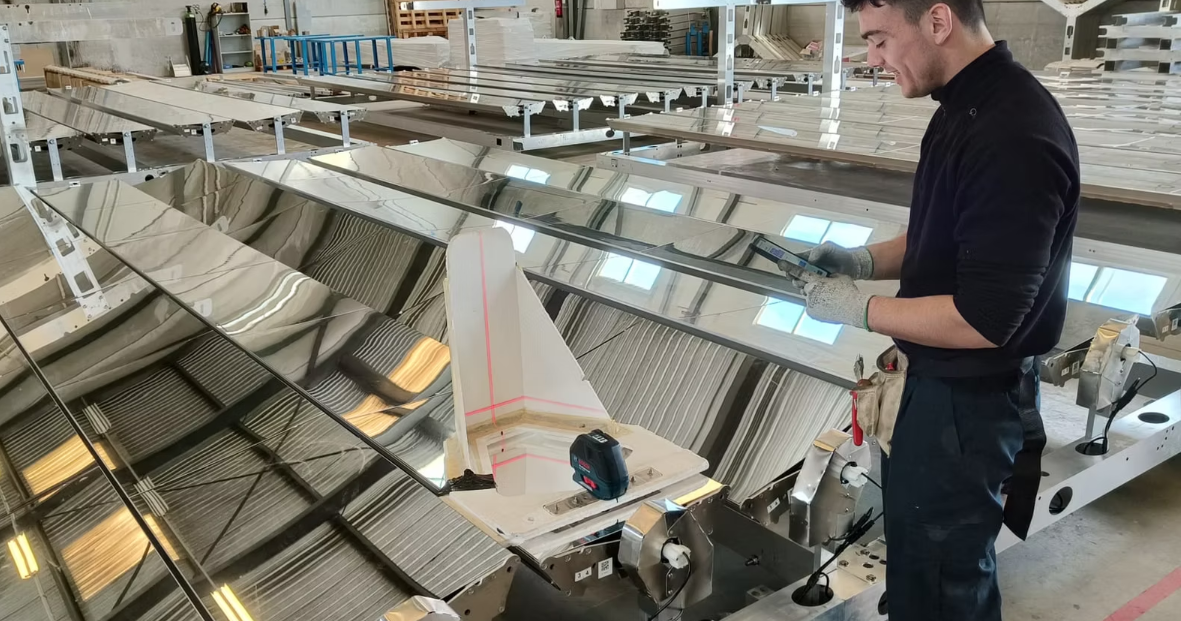
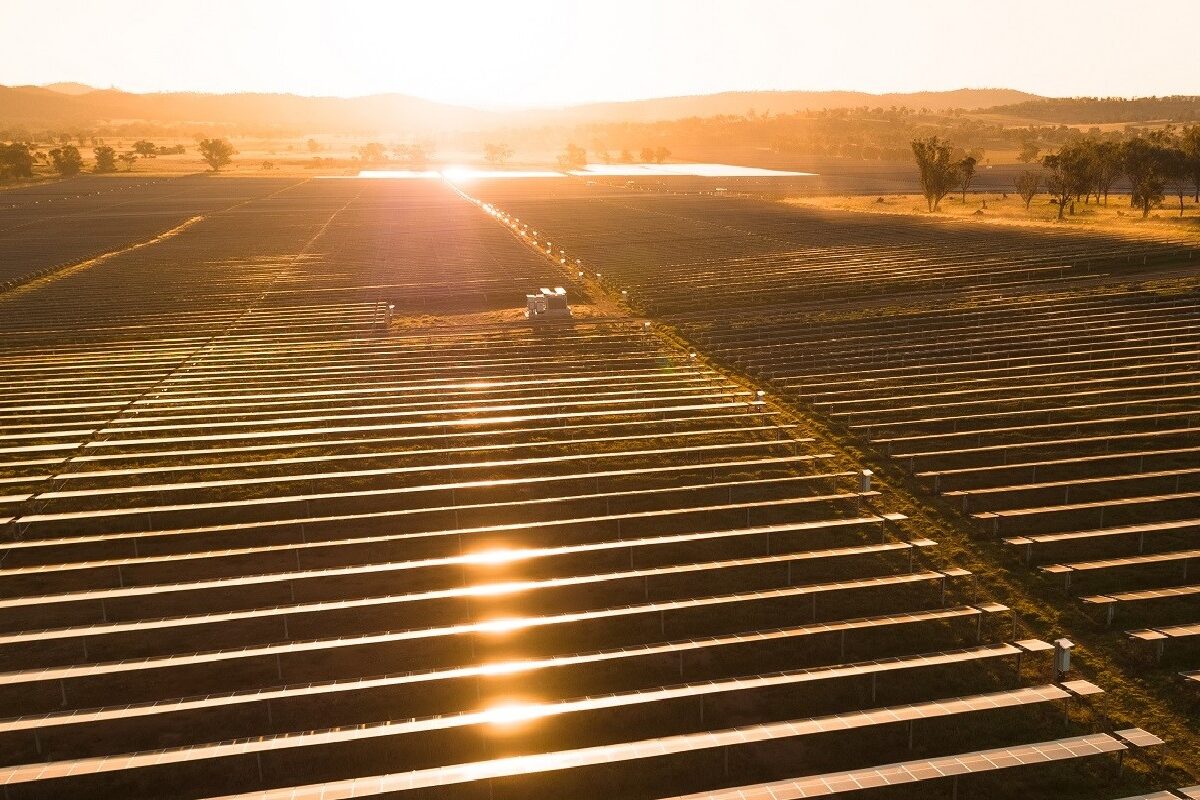




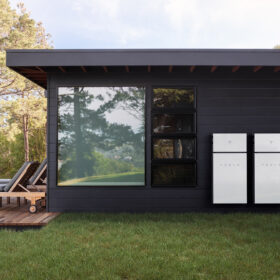
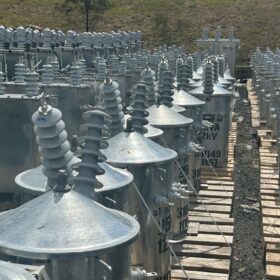
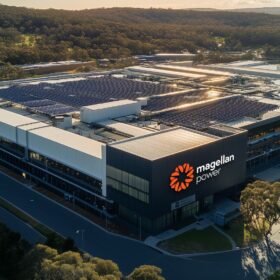
By submitting this form you agree to pv magazine using your data for the purposes of publishing your comment.
Your personal data will only be disclosed or otherwise transmitted to third parties for the purposes of spam filtering or if this is necessary for technical maintenance of the website. Any other transfer to third parties will not take place unless this is justified on the basis of applicable data protection regulations or if pv magazine is legally obliged to do so.
You may revoke this consent at any time with effect for the future, in which case your personal data will be deleted immediately. Otherwise, your data will be deleted if pv magazine has processed your request or the purpose of data storage is fulfilled.
Further information on data privacy can be found in our Data Protection Policy.